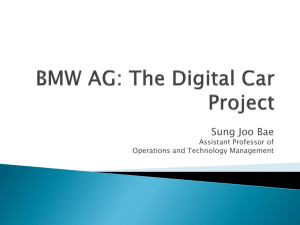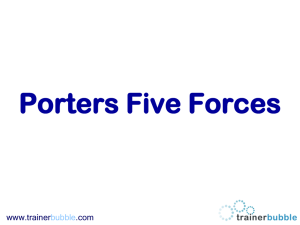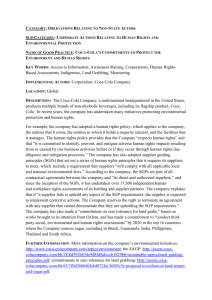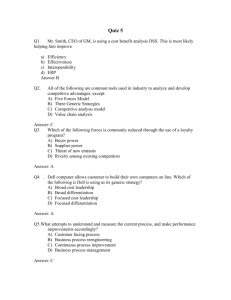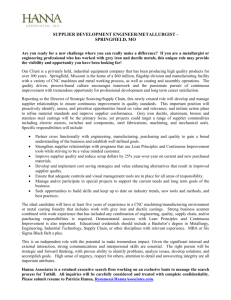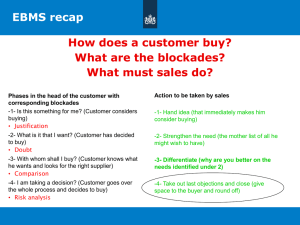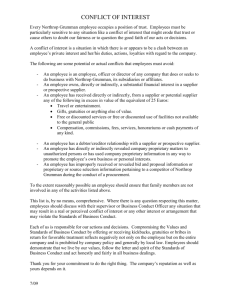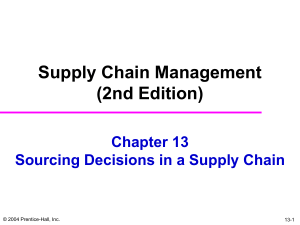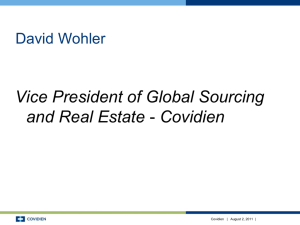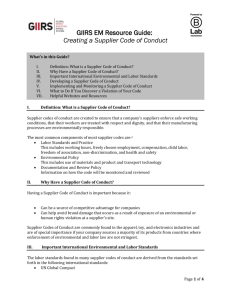Supply Competition and Improvement Effort
advertisement
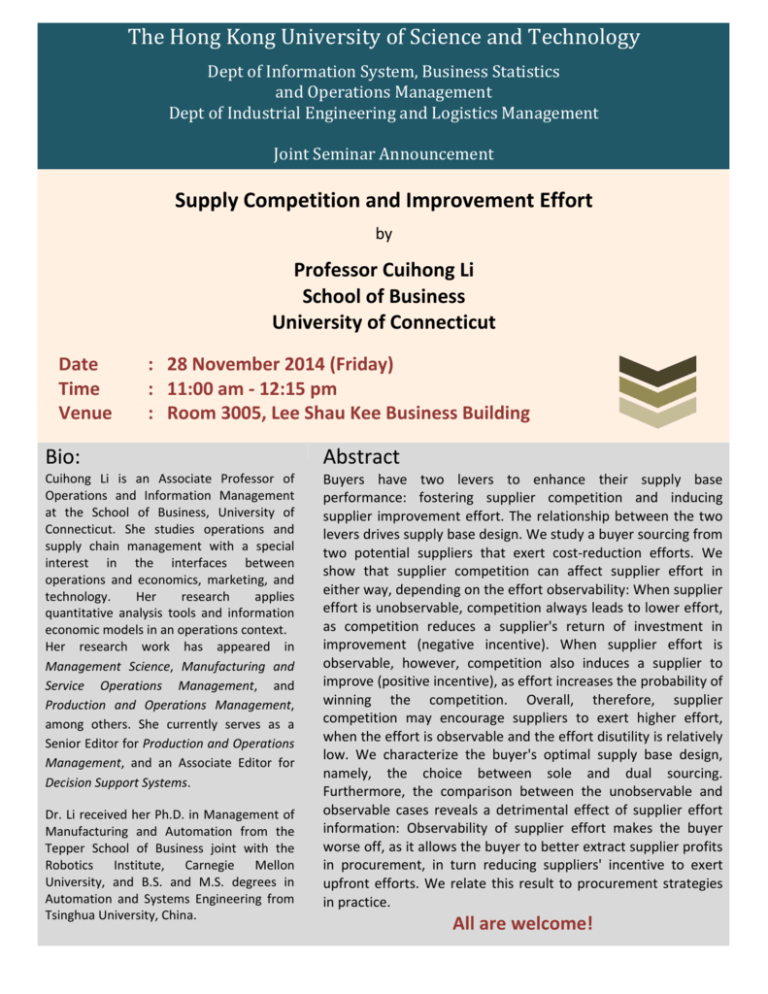
TheHongKongUniversityofScienceandTechnology DeptofInformationSystem,BusinessStatistics andOperationsManagement DeptofIndustrialEngineeringandLogisticsManagement JointSeminarAnnouncement Supply Competition and Improvement Effort by Professor Cuihong Li School of Business University of Connecticut Date Time Venue : 28 November 2014 (Friday) : 11:00 am ‐ 12:15 pm : Room 3005, Lee Shau Kee Business Building Bio: Cuihong Li is an Associate Professor of Operations and Information Management at the School of Business, University of Connecticut. She studies operations and supply chain management with a special interest in the interfaces between operations and economics, marketing, and technology. Her research applies quantitative analysis tools and information economic models in an operations context. Her research work has appeared in Management Science, Manufacturing and Service Operations Management, and Production and Operations Management, among others. She currently serves as a Senior Editor for Production and Operations Management, and an Associate Editor for Decision Support Systems. Dr. Li received her Ph.D. in Management of Manufacturing and Automation from the Tepper School of Business joint with the Robotics Institute, Carnegie Mellon University, and B.S. and M.S. degrees in Automation and Systems Engineering from Tsinghua University, China. Abstract Buyers have two levers to enhance their supply base performance: fostering supplier competition and inducing supplier improvement effort. The relationship between the two levers drives supply base design. We study a buyer sourcing from two potential suppliers that exert cost‐reduction efforts. We show that supplier competition can affect supplier effort in either way, depending on the effort observability: When supplier effort is unobservable, competition always leads to lower effort, as competition reduces a supplier's return of investment in improvement (negative incentive). When supplier effort is observable, however, competition also induces a supplier to improve (positive incentive), as effort increases the probability of winning the competition. Overall, therefore, supplier competition may encourage suppliers to exert higher effort, when the effort is observable and the effort disutility is relatively low. We characterize the buyer's optimal supply base design, namely, the choice between sole and dual sourcing. Furthermore, the comparison between the unobservable and observable cases reveals a detrimental effect of supplier effort information: Observability of supplier effort makes the buyer worse off, as it allows the buyer to better extract supplier profits in procurement, in turn reducing suppliers' incentive to exert upfront efforts. We relate this result to procurement strategies in practice. All are welcome!
